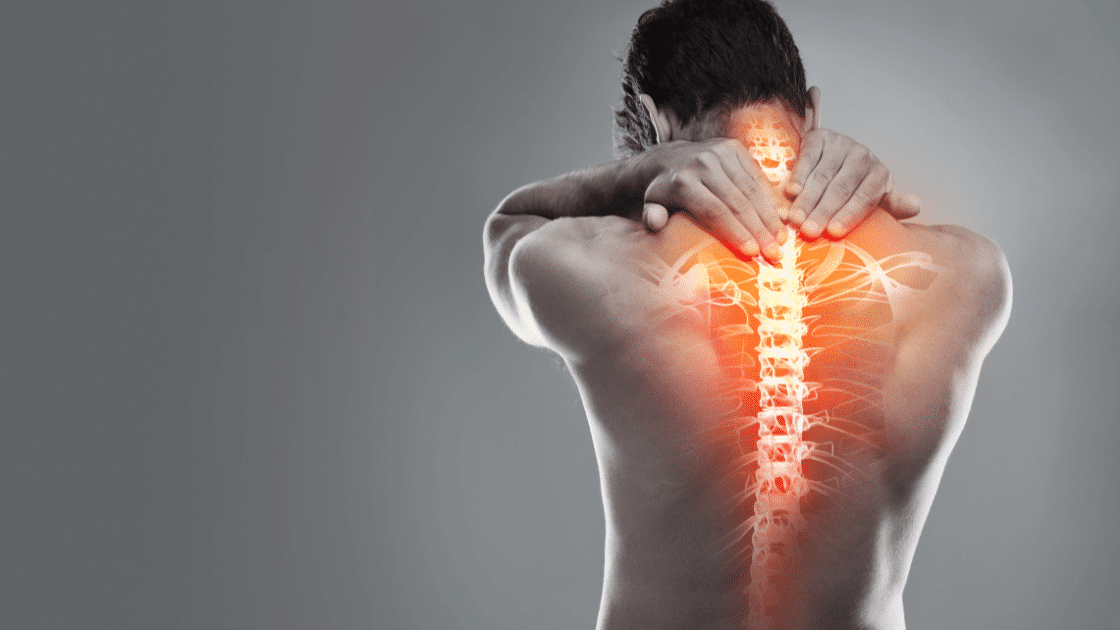When you’re involved in a personal injury case, such as one following a car accident, it’s natural to feel uncertain about the legal process. Among the most important—and often intimidating—steps is the deposition, where attorneys gather sworn statements from key witnesses before the case potentially goes to trial. At 770GoodLaw, we understand that the deposition process can seem overwhelming, but it’s designed to clarify facts and help move the case forward. Here’s a breakdown of what a deposition involves, why it matters, and how to feel prepared.
A deposition is an official interview conducted under oath, typically part of the discovery phase of a personal injury case. During this time, attorneys from both sides gather information to better understand each witness’s story and how it may play out in court. While it’s a formal process, it takes place outside of the courtroom—often in a law office, conference room, or virtually. This procedure aims to secure testimony while it’s still fresh, allowing both sides to prepare for trial with a complete record of what each witness is likely to say.
Depositions play a pivotal role in the outcome of personal injury cases. They lock in your testimony early on and help both sides determine whether settling out of court or continuing to trial is more advantageous. Here’s why they matter:
- Preserving Testimony: Depositions capture your testimony early in the case. If you end up going to trial months or years later, this record helps maintain consistency.
- Aiding Settlement: The strength and clarity of deposition testimony can influence settlement talks. If you present a strong case, the other side may feel motivated to settle out of court, avoiding a lengthy trial.
- Identifying Key Issues: Depositions give attorneys a chance to examine case strengths and weaknesses. They may use inconsistencies in testimony as leverage during settlement or trial.
In a deposition, you can expect to see the following individuals:
- Yourself (the Deponent): As the individual giving testimony, you’re known as the deponent.
- Attorneys: Both your lawyer and the opposing lawyer are present. Your attorney will object to inappropriate questions and guide you if needed.
- Court Reporter: A court reporter will transcribe the session word-for-word, creating an official record.
- Videographer (Optional): Some depositions are recorded on video, allowing this footage to potentially be presented later in court.
During the deposition, you’ll be asked questions about:
- Personal Background: Basic details about your identity and background.
- Incident Details: A recount of the events before, during, and after the accident.
- Injuries and Medical History: Nature of your injuries, pain levels, treatments, and even your medical history to validate that the injuries you’re claiming are a direct result of the incident.
- Impact on Daily Life: How the injury has affected your work, family life, hobbies, and overall lifestyle.
- Prior Accidents or Injuries: Any past accidents or injuries may be brought up to understand how this injury uniquely affects you.
To feel prepared for your deposition:
Review the Facts: Refresh your memory on accident details and medical treatments.
Be Honest and Clear: It’s essential to answer truthfully and only say “I don’t know” if you genuinely can’t recall.
Stay Calm and Collected: Opposing attorneys may ask pointed questions, but your attorney will guide you.
Deposition Dress Professionally: First impressions matter, so dress as you would for a court appearance.
After the deposition concludes, your attorney will receive a transcript, and both sides will analyze the testimony to prepare for trial or further settlement discussions. The deposition can often be one of the most important steps in the entire personal injury process, shaping the direction of your case from there.
At 770GoodLaw, we’re here to guide you every step of the way and ensure you feel confident throughout the legal process. If you have questions about your personal injury case or are preparing for a deposition, don’t hesitate to reach out. We’re here to support you in your journey to justice.







